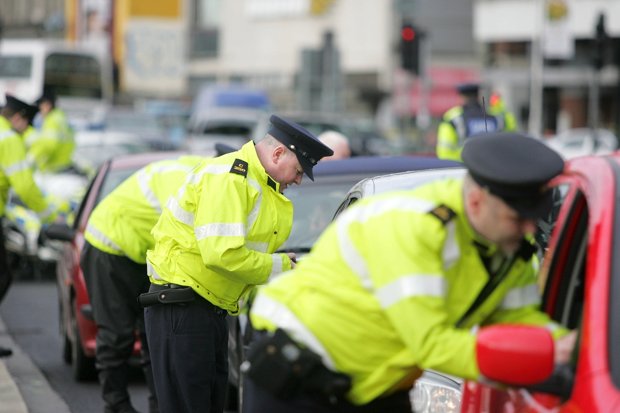Banned drivers will be named and shamed

Motorists who are disqualified from driving will be named and shamed from early next year.
Those banned for drink-driving, dangerous driving and other serious road traffic offences will have their personal details published, probably on the internet.
In the past, adding points to the driving licenses and personal records of such people would have been a sufficient way to stomp down on dangerous driving, but with this new method, looking for car and van insurance for convicted drivers is now simply out of the question because they have been banned altogether and now everyone will know about it.
Road safety bosses believe that the measure is necessary to tackle the problem of motorists who persist in driving while disqualified, particularly those convicted of drink-driving. A total of 456 disqualified drivers have been caught driving since gardai were given powers in June to arrest them on the spot.
Moyagh Murdock, chief executive of the Road Safety Authority, confirmed the measure to the Oireachtas transport committee yesterday. The Times understands that the details of how such information will be made publicly available have not been finalised. One option is to do so on the RSA’s website.
“We have discussed the proposal with the Courts Service, the data protection commissioner and the Department of Transport and there appears to be no obstacle to publication,” an RSA spokesman said.
He said that the National Transport Authority already published details of taxi driver disqualifications and the Office of the Director of Corporate Enforcement provided outcomes of cases that it had prosecuted.
“Revenue also publishes the list of tax defaulters on a quarterly basis,” he added.
Motorists’ details would remain publicly available for the duration of their disqualification. Those who are banned for an accumulation of penalty points will not be included.
Ms Murdock said that she believed the initiative would act as an extra deterrent.
“We want to see a societal change, a cultural change in people’s attitudes,” she said. “It is very unacceptable now to drink and drive but there still seems to be a societal acceptability to drive when you have been disqualified.”
Gardai representatives told the transport committee that the conviction rate for motorists who had appeared in court on drink-driving charges was 87 per cent. Out of 2,334 cases prosecuted between January and July, 2,021 drivers were convicted and 313 acquitted.
According to the Courts Service, a total of 4,123 drink-driving cases were fully prosecuted last year, resulting in 3,488 convictions – a conviction rate of 85 per cent.
John Twomey, deputy garda commissioner, said that 5,951 drivers had been arrested on suspicion of being over the limit up to the end of October. Laboratory tests confirmed that 5,281 had excessive levels of alcohol in their bloodstream.
He said that the introduction of new penalty points in December last year had resulted in 7,700 motorists fined for not having an NCT test certificate, 3,529 learner drivers fined for not displaying an L-plate, and 4,864 learners fined for driving unaccompanied.
Despite significant changes in Ireland’s drink-driving culture, Mr Twomey said that the number of motorists driving while over the legal alcohol limit continued to be a major contributory factor to road deaths and injuries.
Gardai and the RSA have expressed concern over a recent survey of drivers’ attitudes showing that one in ten had confessed to consuming alcohol before driving in the past 12 months.
Ms Murdock said that figure equated to nearly 300,000 motorists. She pointed out that the same survey had shown that 62 per cent of drivers did not believe that it was safe to drive after consuming any alcohol.
